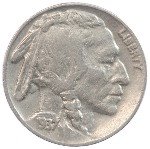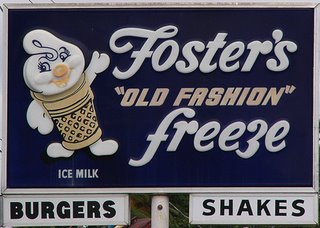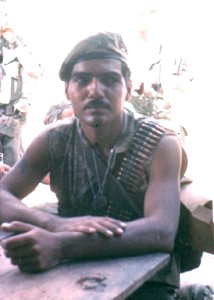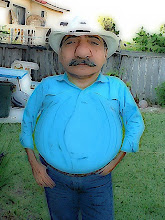I went to war but I'm not a hero.
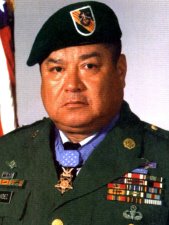 Ever since 9-11-2001, there has been a very broad and frequent use of the term "hero". In doing so, we are pretty much destroying this word to such an extraordinary extent that they lose their meaning. By using the term so broadly, we have managed to group someone donating blood with soldiers dying in hand-to-hand combat. Workers in the World Trade Center are considered in the same class of "hero" as the firefighters who entered the fated buildings by their own free will in order to save lives. Giving blood is a noble activity, just as the loss of life in the collapse of the Twin Towers is a travesty. Examples certainly exist of individual acts of valor and courage, but in a broad sense, it would be a disservice to the truly brave to consider either party "heroes."
Ever since 9-11-2001, there has been a very broad and frequent use of the term "hero". In doing so, we are pretty much destroying this word to such an extraordinary extent that they lose their meaning. By using the term so broadly, we have managed to group someone donating blood with soldiers dying in hand-to-hand combat. Workers in the World Trade Center are considered in the same class of "hero" as the firefighters who entered the fated buildings by their own free will in order to save lives. Giving blood is a noble activity, just as the loss of life in the collapse of the Twin Towers is a travesty. Examples certainly exist of individual acts of valor and courage, but in a broad sense, it would be a disservice to the truly brave to consider either party "heroes."What about the pilot who saved 155 lives by landing his plane on the Hudson river? He has been hailed a hero, but wasn’t he just just doing his job? He was after all a specialist in airline crisis management. And what about Jan Palach. the Czech student who committed suicide by self immolation as a political protest against the Soviet-led invasion of Czechoslovakia. Was his suicide an act of heroism or egoism? Or does it depend on what the act achieves?
In Mumbai, the wife of the murdered chief of city’s anti terrorism squad has spoken out in an interview about her loss. Kavita Karkare said she was proud of her husband’s sacrifice, but wishes her husband had opted for another profession. Is it selfish to die for a cause? What about those left behind?
Who do you define as a hero? Can we consider footballers and movies stars to be heroes in the same way as we do firemen and doctors? Do we use the word too lightly or is it simply a question of definition?
My son, 1SG Alex Ortega, had lunch with Master Sergeant Roy P. Benavidez (A Texan half Mexican and half Yaki Indian) back when he was an E5 or E6. This man, a Vietnam Veteran, is a hero to me as well as to those men whos lives he saved. Sergeant Benavidez went on a rescue mission on May 2, 1968, to save wounded brothers; he was the only man to go. Carrying only a knife and a medic bag, he ran to his wounded buddies, sustaining gunshot wounds to his leg, face and head. A helicopter landed to rescue all of the men that were stranded. Benavidez got them all on board the helicopter only for the pilot to be fatally wounded, causing the chopper to crash.
He rescued all of the men from the crash and fought off the Vietnamese Army for six hours with the help of air strikes, circling gun ships, and his own fortitude. A second chopper landed and he boarded his wounded comrades, then he got on and then collapsed. Everyone thought he was dead, placing him in a body bag. While the doctor was zipping up the bag, Benavidez spat in his face to signal he was alive. They flew him to Saigon for surgery, treating him for seven severe gunshot wounds, twenty-eight shrapnel wounds, and bayonet wounds in both arms.
When he was awarded the Medal of Honor by President Ronald Reagan, Benavidez said "I don't like to be called a hero. The real heroes are the ones who gave their lives for their country." Such humility and modesty from Sergeant Benavidez is really representative of heroes because they never want the credit.
Heroes are not born heroes. People that fantasize of doing heroic things are never going to be heroes. True heroes are the people that do not think about being a hero; they just do what is instinctive to them and then do not bask in the glory of their actions. It surely was not Roy Benavidez's plan to go into that combat zone to get shot; he just wanted to save his friends. He just rose to the occasion and did what he thought was right.
What truly makes a hero is the courage to say that it is not oneself that is the hero, it is someone else. In this case, Benavidez says that it was not he that was the hero; it was the faceless men who paid the ultimate sacrifice.
